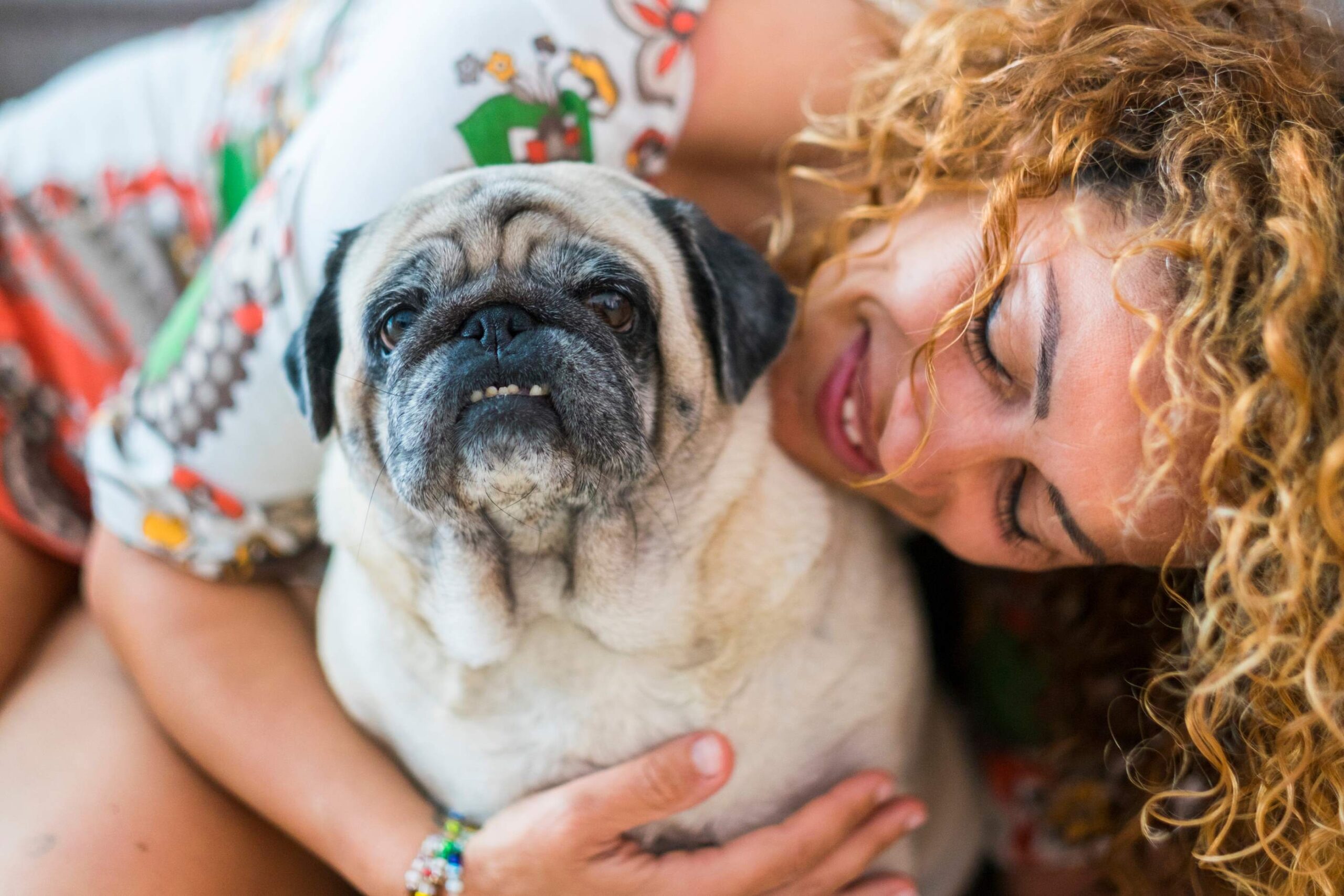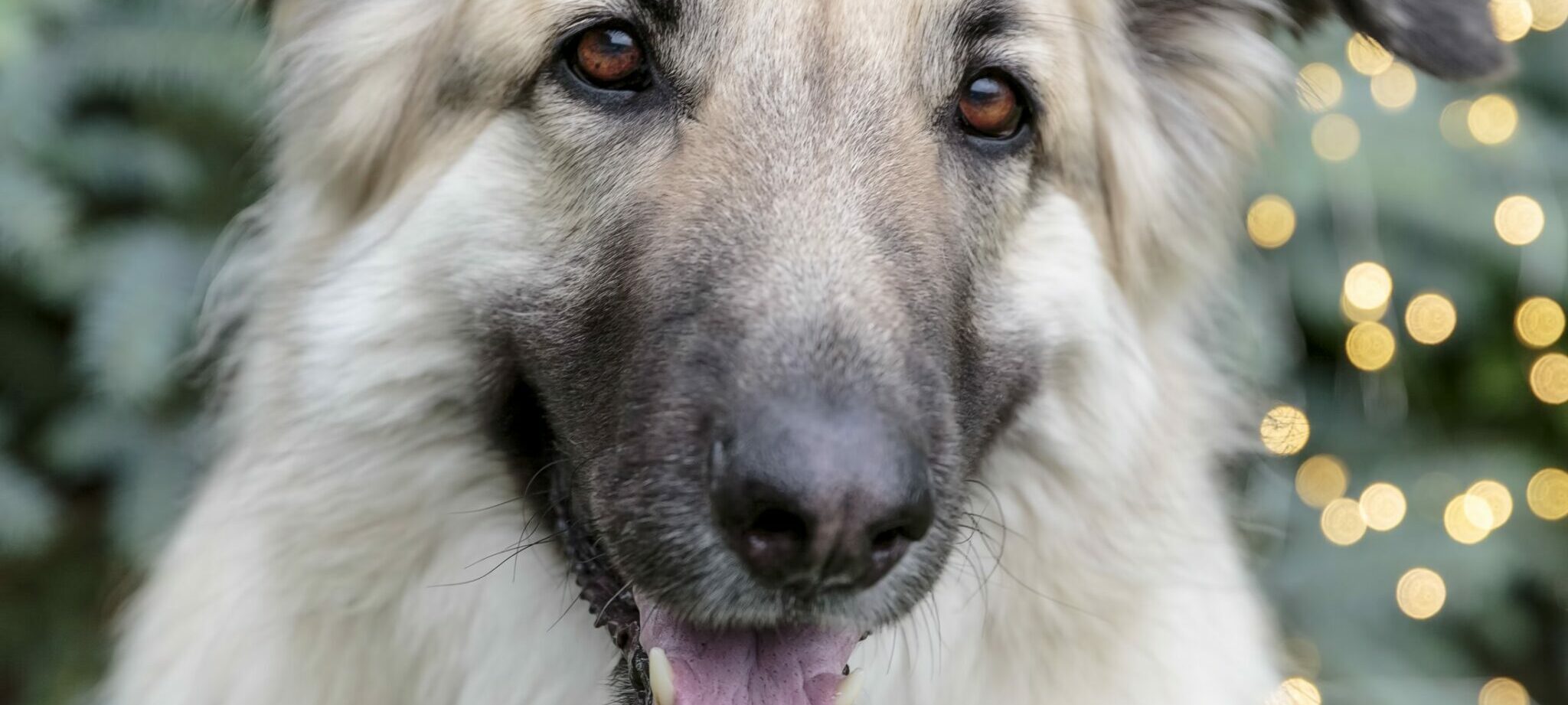
18 Aug Misconceptions About Anesthetic Dental Procedure
In this post, we will discuss some of the biggest reasons why pet owners do not proceed with an anesthetic dental procedure, such as thinking that their pet is too old for anesthesia. Among the top reasons why pet owners do not have their pet’s teeth addressed, the FEAR OF ANESTHESIA ranks as #2. ( I’ll surprise you with #1 at another time, so check my blogs for this one coming down the pike).
Misconceptions of Anesthesia for Senior Pets
Let’s focus on the age of a pet, and why this myth has prevented many pets from having their senior years comforted by clean mouths versus having pain and discomfort dragging them down.

Age is not a disease. However, we have been told time and time again that pets over 8-10 for larger breeds and 12-15 years of age for small breed pets have more complications under anesthesia. There are also those stories of someone’s friend’s brother-in-law’s sister’s husband’s dog died under anesthesia. Regardless of how silly my analogy is, anesthetic or post-anesthesia death is not something for us to take lightly whatsoever. It is true, that older dogs and cats may be at a higher risk, but what we do to mitigate this potential risk is how we accomplish a successful dental procedure and outcome.
If a veterinarian anesthetizes a healthy, active 2-year-old Labrador Retriever the same as a 13-year-old one, you’ve got a problem. Unfortunately, this happens more than not, and in this little scenario lies the big problem. A younger pet can metabolize anesthetic drugs much easier, thus the amount of anesthesia given during the procedure gets out of the system quickly, allowing for a swift recovery and return to normal metabolic activity. However, a 13-year-old Labrador may have mildly compromised kidney or liver function, thus allows the anesthetic drugs to stay in the body longer. The recovery becomes prolonged and the pet could cascade into further kidney or liver issues. Prolonged recovery can lead to loss of appetite, decreased water intake and dehydration. Dehydration can then challenge the kidneys further, and then a vicious cycle occurs. This is how pets deteriorate quickly. But let’s back up a bit, this doesn’t occur in our hands as we’re prevented that nasty event from happening.
Your Pet Dentist’s Solution to Anesthesia Concerns
This is also where we have our Board Certified Veterinary Anesthesiologist™ to review the medical record and even direct and monitor the anesthetic procedure. What Dr. Kennedy and our team will do is judiciously look at the following:
- What, if any, medication the pet is on, and does this medication affect any anesthetic or analgesic we will be needing?
- What is the general health of the pet and are they properly hydrated?
- Evaluation of all blood work (CBC , Serum chemistries, and Thyroid levels)
- Evaluation of a urinalysis (THIS ONE IS VERY IMPORTANT)
- Chest x-rays (if the pet has any cardiopulmonary disease or recent evidence of exercise intolerance or coughing)
- Does the pet require IV fluids prior to and after the anesthetic procedure?


Once this is all reviewed and answered, we will establish an anesthetic protocol based on that pet for his/her condition at that time. We don’t formulate a one-method-for-all-pets anesthetic protocol whatsoever. This allows your pet to be properly pre-anesthetized with just the right amount of medication, receive just the right amount of general anesthesia, and if any oral surgery is performed, using nerve blocks and other medications to help remove any pain sensation whatsoever. This “Goldie Lox” approach of just the right amount of medication is what we’re looking for with all our patients.
Questions for Pet Parents to Consider Before Any Anesthetic Procedure
As a pet owner, these are the questions you should ask for ANY anesthetic procedure recommended, regardless if it’s a dental procedure or not.
- Have you evaluated the most recent blood work to check for any underlying disease processes? For a senior pet, this should be checked within a few weeks of the intended procedure.
- Do my pet’s current medication need to be modified prior to or after anesthesia?
- Does my pet need IV fluids prior to anesthesia, and/or postoperatively?
- Do you have a dedicated anesthetic technician for this procedure?
- Do you have access to an anesthesiologist specialist to help with a difficult case?
- What monitoring devices do you have for my pet, and are the following being monitored? (Heart Rate, Systolic and Diastolic blood pressure, mean blood pressure, EKG, Pulse oxygenation, End Tidal CO2, core temperature)
- Is my pet wrapped in a thermal blanket during the procedure to keep his/her core body temperatures stable?
- Will this procedure help extend my pet’s life or quality of life?
Once armed with information, you then make your decision. Here is a list of disease processes that Dr. Kennedy recommends having him monitor. There’s always a risk with any anesthesia, regardless of how young or old a pet is. Doing your due diligence and having all your ducks in a row prior to the procedure will help make this procedure run smoothly. Otherwise…..
Cheers!
Barden Greenfield, DVM, DAVDC Angela Briggs, DVM, DAVDC Martin Kennedy, DVM. DAVCAA
Your Pet Dentist (and Anesthesiologist) of Nashville


